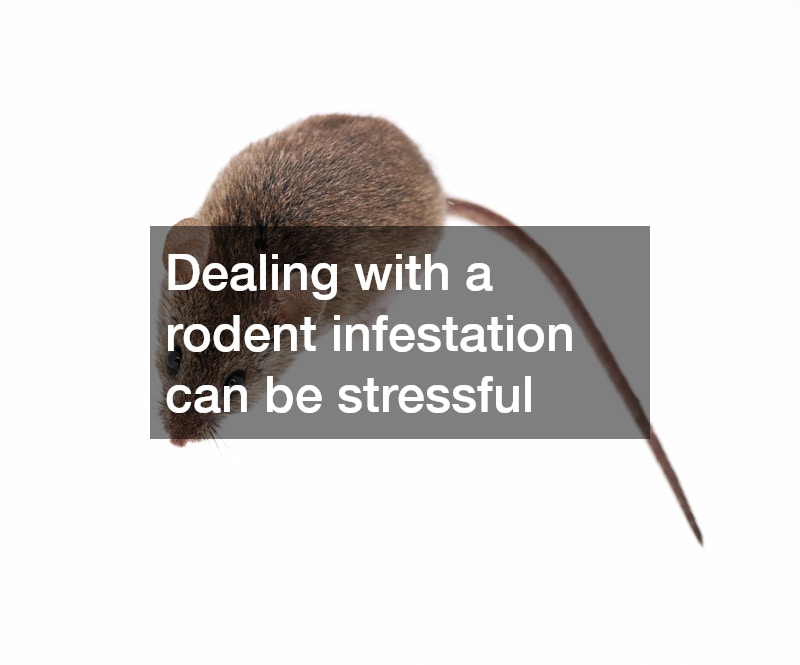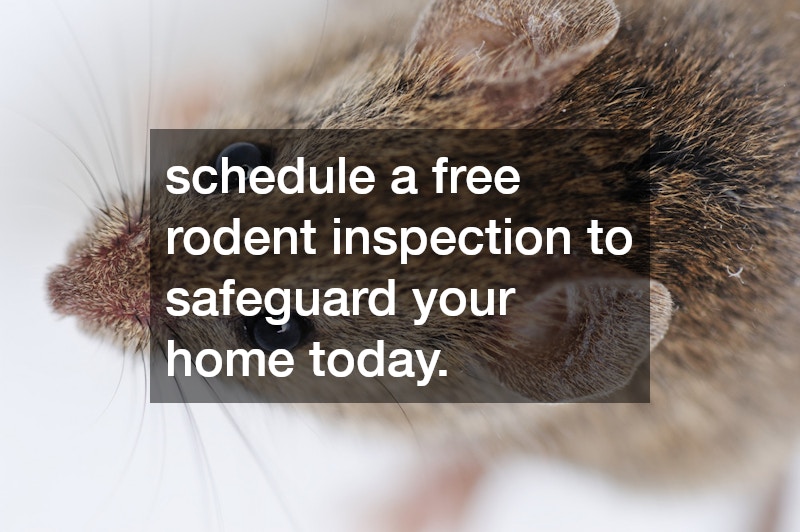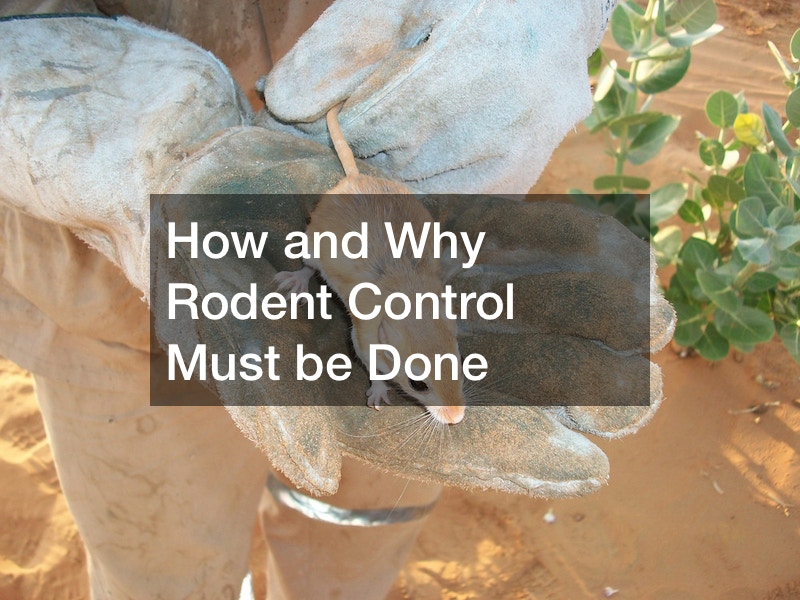
Dealing with a rodent infestation can be stressful, but a professional rodent removal service can help eliminate the problem quickly and effectively. Whether you’re hearing scratching noises in the walls, finding droppings, or noticing damage to food packages, it’s important to act fast before the infestation worsens. Many rodent control companies offer a free rodent inspection, allowing homeowners to assess the extent of the problem without any upfront cost.

In cases where rodents have invaded your home unexpectedly, an emergency rodent removal service can provide immediate assistance. Fast response times are crucial, especially if rodents are contaminating food, chewing through wiring, or creating unsanitary living conditions. A professional team can safely remove the pests, seal entry points, come back for other checks, and provide long-term prevention solutions.
For homeowners dealing with multiple pest issues, a roach and mice exterminator offers comprehensive solutions to tackle both infestations at once. Roaches and mice are notorious for spreading bacteria and triggering allergies, making it essential to address the problem as soon as possible. By working with trusted rodent control companies, you can ensure your home is pest-free, safe, and protected from future infestations. Don’t wait—schedule a free rodent inspection to safeguard your home today.

Nobody wants little creatures scurrying around their house looking for food and causing health problems. Rodents, such as rats and mice, are destructive and must be controlled as soon as they are sighted. Contact a few mice removal companies and find out how they can help you.
Rats gnaw on almost everything to prevent their teeth from growing exponentially. If you notice holes and gnaw marks on various surfaces, it could be a mouse or rat chewing clothes, food packaging, paper, and electrical wires. You may also notice droppings and musky odors and hear scratching noises, especially at night. All these indicate a rodent problem.

You must stop the rodent problem to prevent multiplication and a full-blown infestation. First, identify the type of rodent. You can use a rodent size chart for this. You must clean up garbage, seal cracks and holes, and store food in airtight containers.
If you have a rodent problem, hire a professional rodent roundup company. They’ll have the skill and equipment to get rid of rodents. They should also advise you on preventing the recurrence of rats and mice.
Ever since the agricultural revolution thousands of years ago, human beings transitioned from a lifestyle of hunting and gathering to creating permanent settlements and raising their own crops and domesticated livestock. This transformed human society, but not without some inherent risks. All of that food being stored in one place was highly inviting to wildlife such as rodents, and even today, this problem persists. In times past, cats and some dogs were used as mousers and wildlife control, and they could catch and kill unwanted rodents. In the modern age, rodent control is done by means of professionals with specialized gear, and squirrel removal may be done as well. Animal removal may expand to include getting rid of unwanted raccoons and opossums as well. When and why will rodent control be called upon? Some rodent control can be done by a homeowner, but for larger cases, rodent control is best left to professionals.
The Hazards of Rodents
There are good reasons why rodent control is enforced so carefully today. Rats, mice, and squirrels are at best annoying and can cause some minor property damage, and at worst they are a major health hazard. For example, rodents breaking into a house or a restaurant or hotel may chew rat or mouse holes into wooden surfaces, but that is not all. Such rodents need to chew constantly to control their tooth growth, and in a building, they will target plastic pipes and electrical cords for this need. That can damage some utilities and necessitate expensive repairs. Further, rats and mice like to build nests inside of air conditioning ducts, which will interfere with air flow and slow down the heating and cooling system in a home. Human buildings, trash piles, Dumpsters, and more provide ample hiding spaces for these rodents where they protect themselves and their pups from predation and exposure. From neolithic villages to now, rats and mice have appreciated humanity’s permanent structures and ample food sources, but at the cost of their hosts.
Rats and mice may also transmit disease when they bite, and this can cause infection in people and pets. They may transmit the rabies virus, a deadly contagion. What is more, the fleas in a rat or mouse’s fur will also transmit disease when they bite. A flea’s danger comes not from the blood loss, but transmitting Lyme disease and more. In fact, the infamous Black Death spread from the fleas and rats that spread when Asian trading ships arrived in Europe. A relative lack of cats due to witch hunts at the time made this problem only worse. There may be no epidemic today, but all the same, rat and flea bites are a serious health risk, so rodent control must be done.
Rodent Control Done Right
If a small rat or mouse population arrives in a house, the homeowner may take some steps. They can set out classic-style baited rat traps, which lure in rodents and kill them when their lever snaps down. If the homeowner is very careful, they may set out poison pellets, which poison and kill rats when consumed. Caution must be taken so that children and pets don’t eat them, too. And if the homeowner doesn’t want to deal with a dead animal on the premises, they may instead set out live capture cages, complete with bait. Such traps will capture the animal without harming it, and the rodent may be relocated somewhere else and released. Larger, similar traps may be used on raccoons and opossums, and are often the best way to remove such animals. A restaurant owner may try this too, since rats or mice are a sanitation threat and will make a very poor impression on any guests. A restaurant may be forcibly shut down until its rodent problem is resolved.
Bigger-scale infestations will require professional help, and rodent removal teams may arrive on the premises after all people and pets have been cleared away. These professionals may use a combination of traps and poison gas to kill off all of the rats and mice, no matter where they may be hiding. Measures will be taken to prevent such poison gas from spreading out of control, for safety’s sake.
